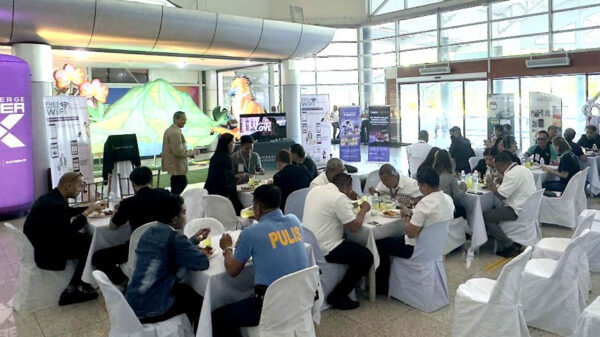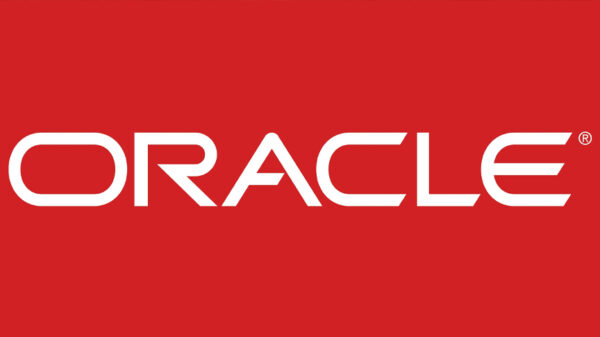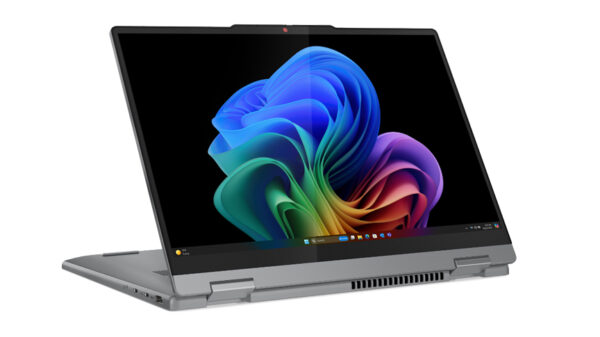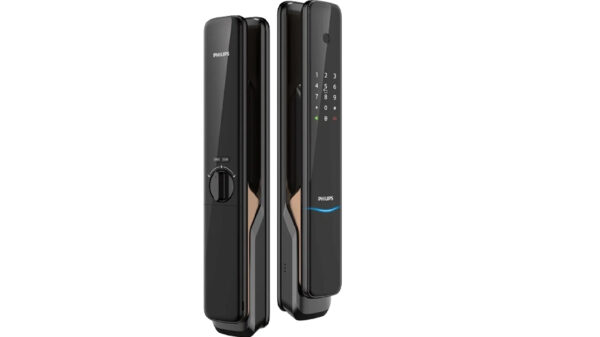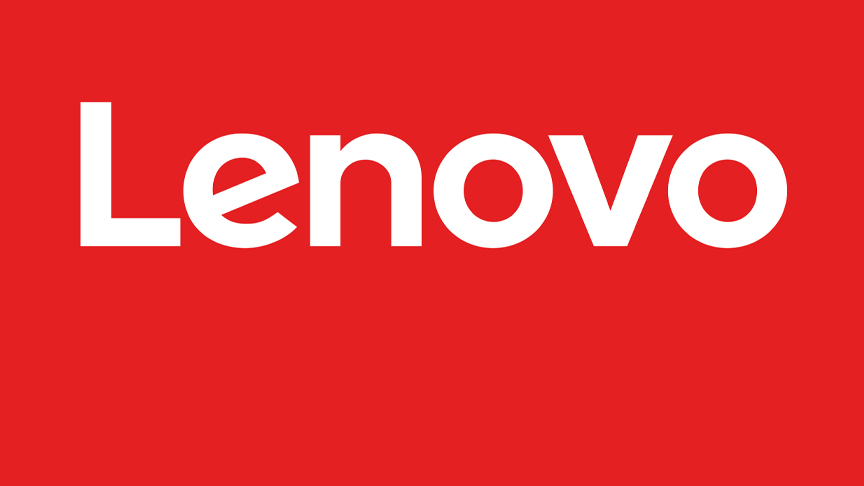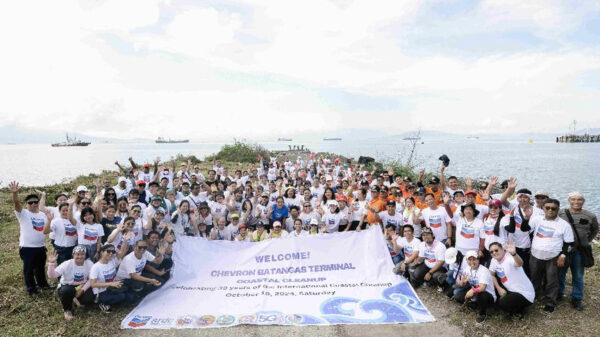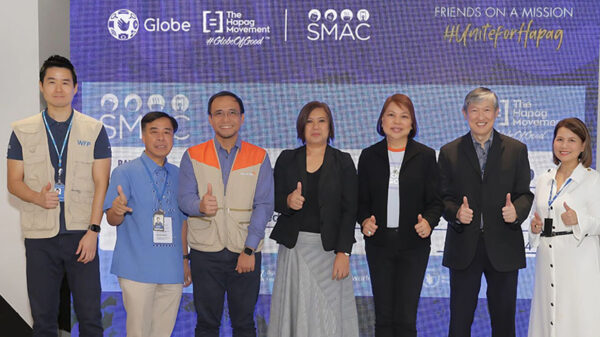Lenovo is proud to be named an EPEAT Climate+ Champion with more than 400 products registered on day one of Climate+ eligibility.
Managed by the Global Electronics Council (GEC), EPEAT is the premier global ecolabel for electronics and technology products. On October 3rd, GEC announced the listing of the first EPEAT Climate+ designated products. This new designation, Climate+, highlights products on the market that have been thoughtfully produced with climate in mind and empower organizations to increase transparency, goal setting, and concrete corporate actions to decarbonize the supply chain.
From desktops, servers, and workstations to notebooks and tablets, Lenovo products with Climate+ designation have been independently verified against EPEAT’s science-based criteria on climate change mitigation. Products were evaluated against a rigorous set of criteria including greenhouse gas emissions reduction targets, renewable energy sourcing, and product energy efficiency standards. This Climate+ designation comes in addition to achieving existing EPEAT criteria on circularity, reductions of chemicals of concern, and corporate ESG performance.
“Innovation in our product and services design process is key to a more sustainable future,” shared Mary Jacques, Executive Director of Global ESG and Regulatory Compliance at Lenovo. “We are proud to be recognized as an EPEAT Climate+ Champion, and will continue to think big, collaborate, and push the boundaries of what we think is possible in our products and services.”
Lenovo has been committed to reducing its carbon footprint for more than a decade and is innovating to provide smarter technology that can help build a brighter future. In January 2023, Lenovo announced its net-zero goals for 2050 validated by the Science Based Targets initiative (SBTi), becoming the first PC and smartphone maker with targets validated by SBTi. Furthermore, Lenovo has a goal to reduce its product energy efficiency by 50% for servers and desktops and 30% for laptops and mobile devices by 2030 (relative to FY 2018/19 measurements).

